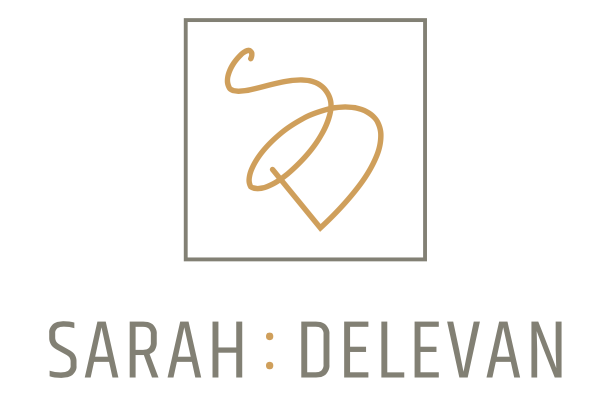A few weeks ago I was asked by an industry peer what causes most businesses to fail, and what can they can do to avoid failure?
That's a pretty big question! But the answer is actually fairly simple...
Most Businesses fail because founders launch without a clear picture of:
The type of business they want to build
How and when the business will be profitable
How much money it will take to reach profitability
It All Starts with Your Vision
Creating a vision for your business is much more than just an exercise in wishful thinking or day dreaming, it informs critical elements of your business and enables you to make decisions from day one that will create financial confidence and set you up for financial success.
Determining if you want to be a local, regional or national brand informs who you will sell to, how your product will get to your customers and the partners you'll need in order to reach your growth goals.
For example:
As a Direct to Consumer business, you have a direct sales relationship with your end-consumers.
In Wholesale Direct channels, you sell to Retailers who then sell to your consumers.
With regional or national distribution, you may sell to distributors - who then sell to retailers, who then sell to your consumers.
Via B2B E-commerce sites you sell (and ship) directly to retailers who then sell to your end consumers, but the sites also take a % of revenue.
The more businesses between you and your consumer, and involved in each transaction, the smaller your margin and the less you make on the sale of each unit. Knowing who you'll sell to today and in the future informs how you price your product in every channel - even those you aren't selling in yet - and the margins you'll hit in each. While we do have margin benchmarks for creating a financially sustainable business, the most important thing to know is how your margins will affect your overall financials - particularly how many units you need to sell to be profitable, as well as if (and how much) you'll need to leverage debt to scale and grow your business.
When you have a vision for your business and use that vision intentionally to identify your customers and the partners you'll need today and down the road to achieve your vision you're able to make informed pricing, margin and growth decisions today and eliminate many surprises down the road.
Looking for More Support?
Let us complete your Profit Assessment, we’ll dive deep into every aspect of your business’s finances to analyze your performance, diagnose problems, and strategize a clear path towards your profit goals.
CFO Profit Assessment - We’ll do the work for you so you can focus more on what you love to do!
If you are looking for additional help in getting clear on your vision and creating a financial plan to achieve it, we have a suite of courses and tool kits that you can access inside The Good Food CFO Community , including our Vision & Goal Setting course.
About the Author: Sarah Delevan is a Food Business Financial Coach and Consultant with over 7 years of working in the food industry. She received her MBA from Rollins College and In 2017 she founded Sarah Delevan Consulting based in Los Angeles, CA and serves clients across the United States. She is the creator of the Financial Success Formula and the founder of the Profitable Food Business program as well as the host of The Good Food CFO Podcast. To learn more about Sarah and opportunities to grow a more profitable food business Click Here.




